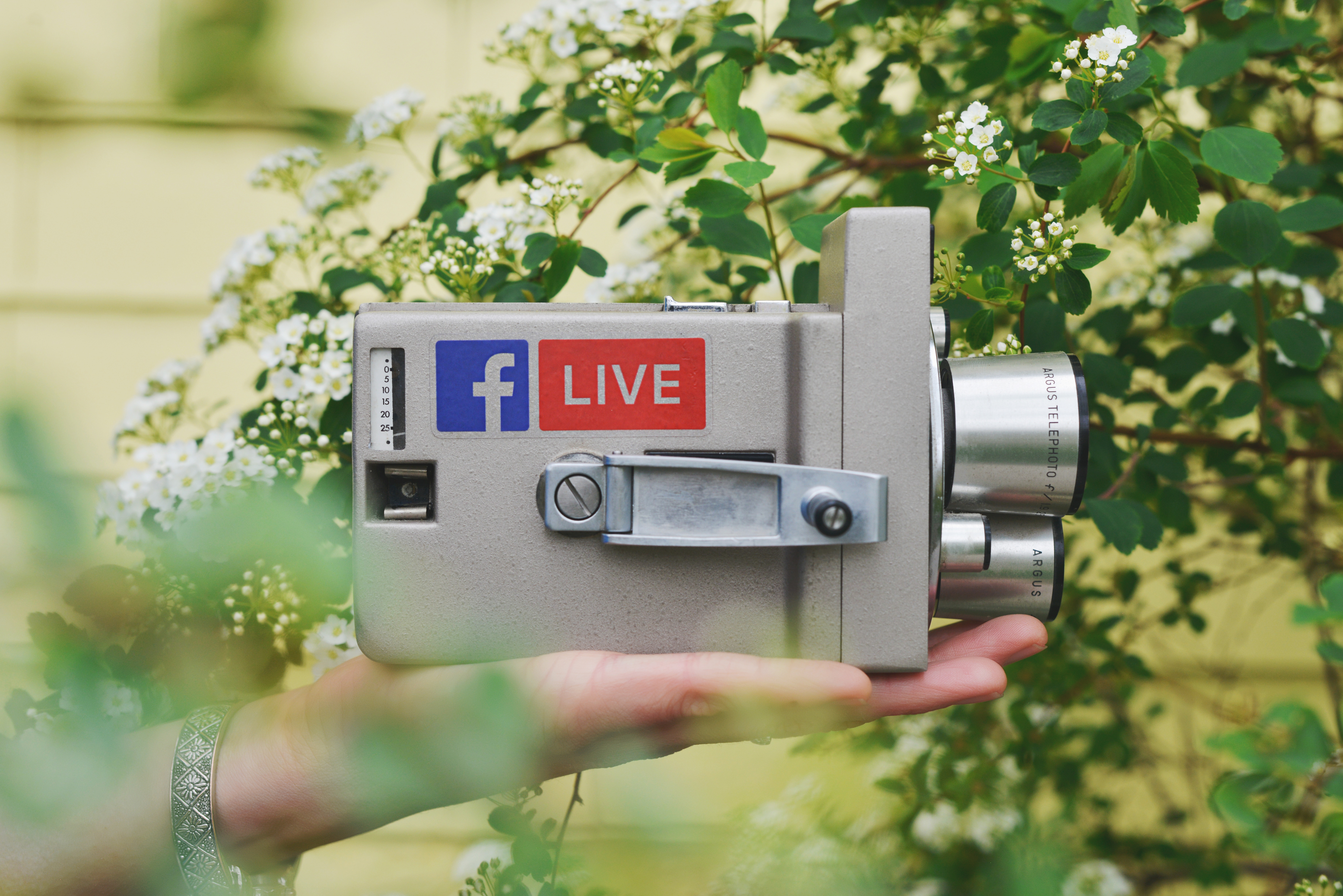
In a previous blog post, I went over the basic principle of copyright. Here it is again: subject to certain exceptions, the author is the sole owner of their work.
This means that the author holds the exclusive right to produce, reproduce, perform, communicate, publish, adapt, and modify their work in whole or an important part.
Sounds pretty straightforward, right? Yet, many seem to forget it when it comes to social media.
That is the (unfortunate) discovery I have made over the last few months in three different cases… some of the arguments looked like this:
MYTH #1 : IF YOU PUBLISH IT ON FACEBOOK (OR INSTAGRAM ETC.), IT BELONGS TO EVERYONE.
Nothing could be further from the truth.
For the same reason no one is allowed to enter your living room in the middle of the night without your permission, even if you left the door unlocked, no one can appropriate your work (photo/illustration/musical work/speeches/manuscripts/etc.) just because you published it online: it is your property.
Certain social media platforms have “Share” buttons. These tools are accepted in so long as the author remains linked to the work. That said, this does not authorize users to download the content for the purpose of exploiting it afterwards!
MYTH #2: THE RIGHT TO REPRODUCTION IS AN OUTDATED CONCEPT ON SOCIAL MEDIA SINCE IT IS TOO DIFFICULT, IF NOT IMPOSSIBLE, TO MANAGE.
When an artist publishes their work on Facebook, they must expect users to take advantage of available features such as the Like and Share buttons. These features are integrated into the platform and, in a way, imply that the author adheres to the possibility of their publication being shared. In any case, these features make it possible to track down the author of the work.
Issues crop up when someone else downloads their work and shares it on social media: not only is the author not linked to the post, but their work has been reproduced without permission.
In other words, one must respect the parameters: their transgression should raise a red flag.
MYTH #3: I AM NOT DOING ANY HARM IF I AM NOT MAKING ANY MONEY FROM IT…
“I punched him in the face, but I didn’t get any satisfaction out of it.” I doubt a judge would side with that argument…
Copyright infringement exists by the mere act of it: damages can be claimed regardless of intent and financial impact. They will, of course, be taken into consideration, but they are not prerequisites.
In short: whether it’s on the Internet or IRL, no one can use someone else’s work without their authorization, barring some exceptions – see in particular my blog post on the fair dealing exception. When in doubt: do not take any chances!
The Internet and social media are no exceptions to the rule: despite what some may believe, the days of the Wild West are over!
:: Translated by Emily Alberton
:: Photo credit:: Sticker Mule via Unsplash